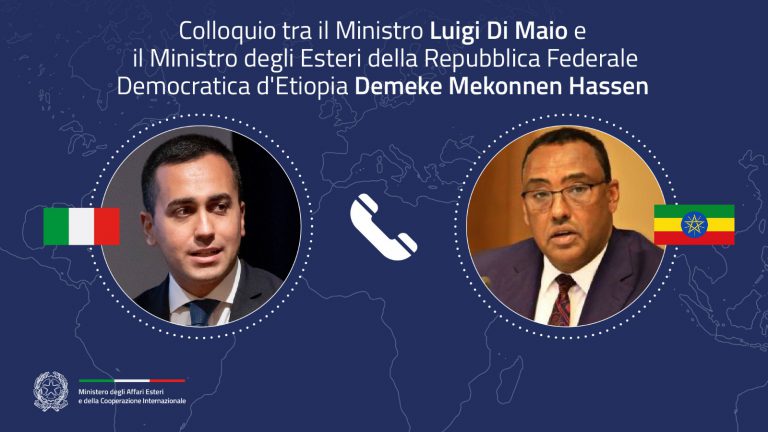The Turkish Premier, Recep Tayyip Erdogan, and UN Secretary General Ban Ki-moon, opened the second international conference on Somalia in Istanbul this morning, 1 June 2012. The representatives of 54 countries are attending the conference, with Foreign Minister Giulio Terzi representing Italy. The aim of the conference is to map out the pathway for Somalia to move from the current fragile transition stage to a hypothetical stabilisation after 20 years of bloody civil war.
Since the fall of President Siad Barre in 1991, Somalia has not been at peace, with internal fighting between different warlords and their factions. In recent years the actions of al-Shabab, the fundamentalist Muslim militia, have led to 500,000 to 1.5 million deaths, 800,000 refugees and 1.5 displaced persons, out of a total population of 9.5 million.
Turkey’s population, like Somalia’s, is predominantly Sunni Muslim. It has taken the initiative in recent months to re-launch the quest for a definitive way out of the crisis. The Istanbul Conference is being attended by Somalia’s transitional president and premier, Sheik Sharif Ahmed and Abdiwell Mughammed Ali. Also taking part are the presidents of Burundi, Djibouti and Uganda; the head of British diplomacy, William Hague; the Secretary of the Organisation of Islamic Cooperation (OIC), Ekmeleddin Ihsanoglu; and the Chairperson of the African Union (AU) Commission, Jean Ping. The two Somali regions of Somaliland and Puntland, which have self-declared their autonomy, are not represented.
The transitional period is meant to end on 20 August, after the formation, in June and July, of “normal” institutions (constituent assembly and parliament from the principal clans in the country). The process also envisages the adoption of a constitution, with the election of a new president of the Somali Republic. But the situation in Somalia remains precarious.
Italy’s position
Italy’s position, as expressed by Minister Terzi, is clear. The stabilisation of Somalia will only be achieved by completing the transition stage with new institutions; involving moderate Muslims in the peace process; and greater transparency in managing aid. Parliamentary reform and the adoption of a new Constitution are preconditions for the current transition stage to be completed, as envisaged by the road map agreed at the Garowe Conference in December 2011, by 20 August of this year.
Italy is also ready to take part in the joint financial management board, a new mechanism to ensure greater transparency in managing revenue and international aid. The Foreign Ministry is funding institution-building initiatives and the UN has a project to train judges from the transitional federal government and the other branches of government in Somalia. Italian Development Cooperation donor initiatives over the last ten years amount to 118 million euros.


